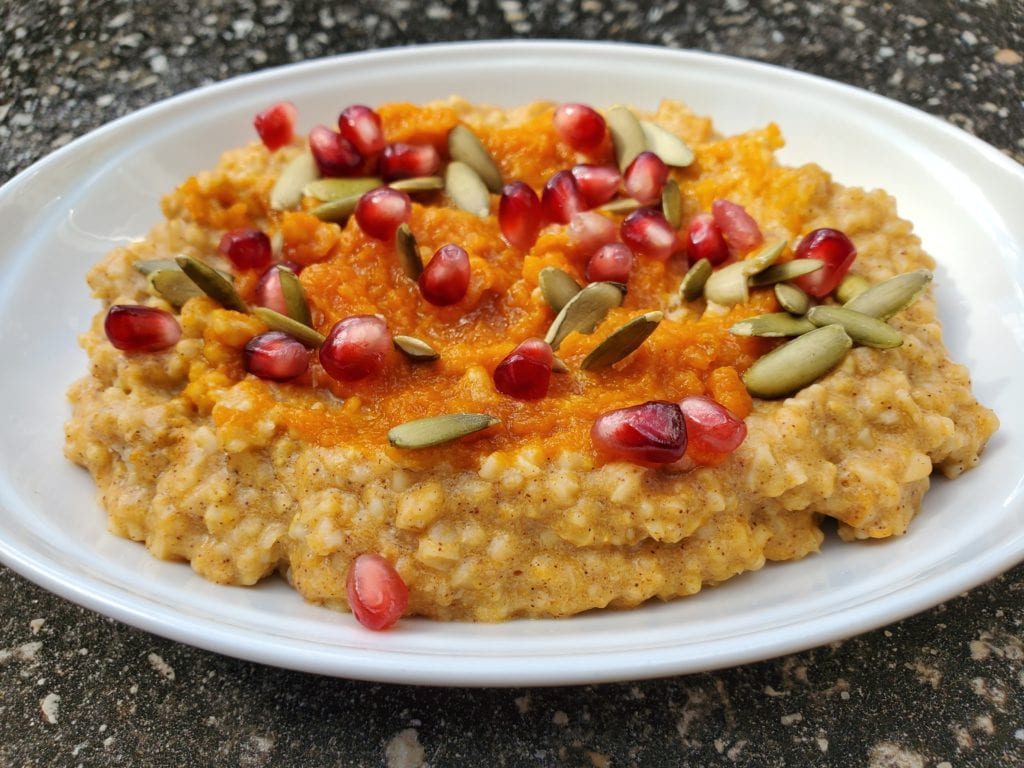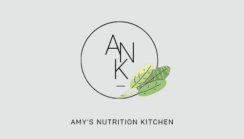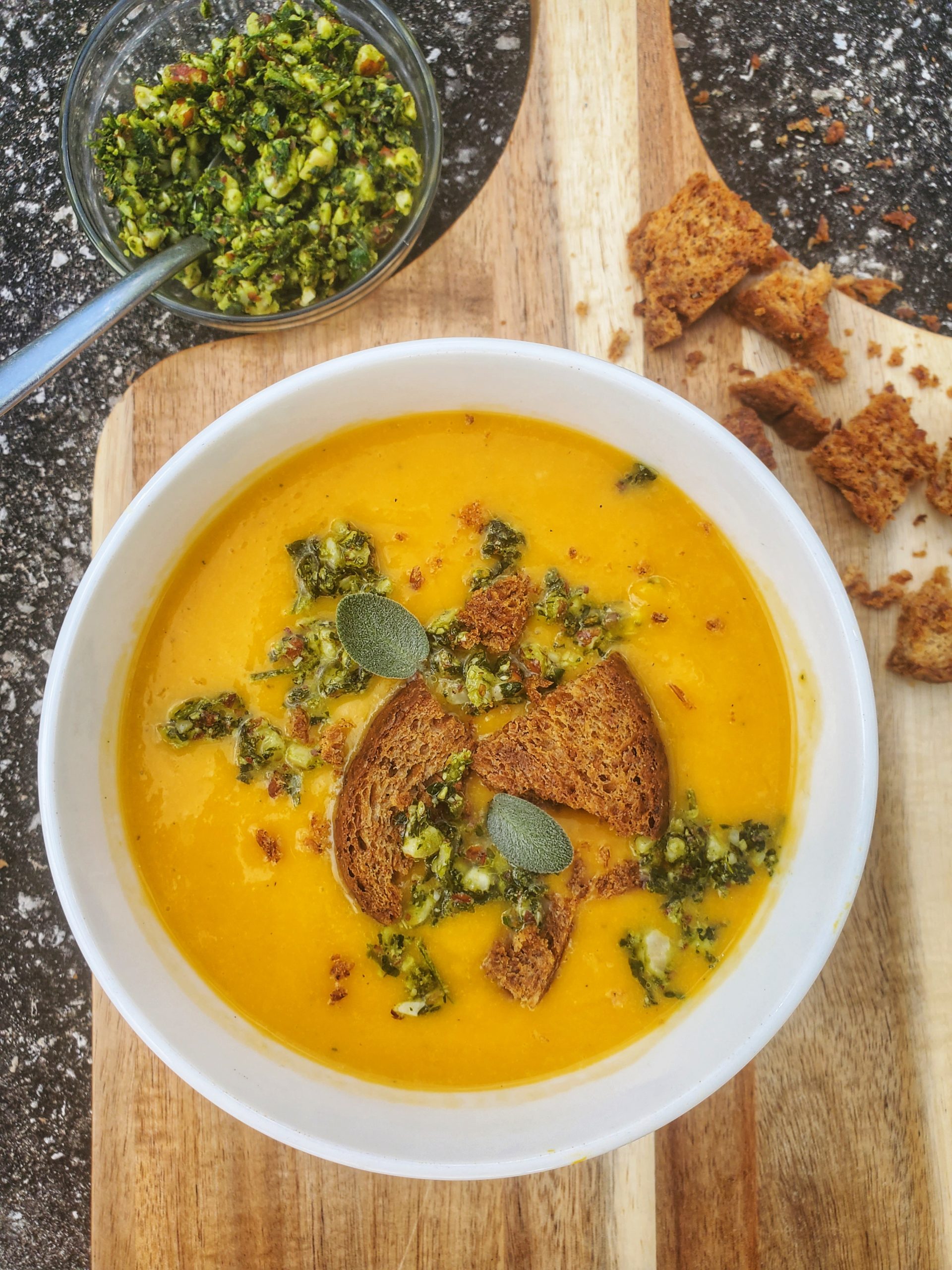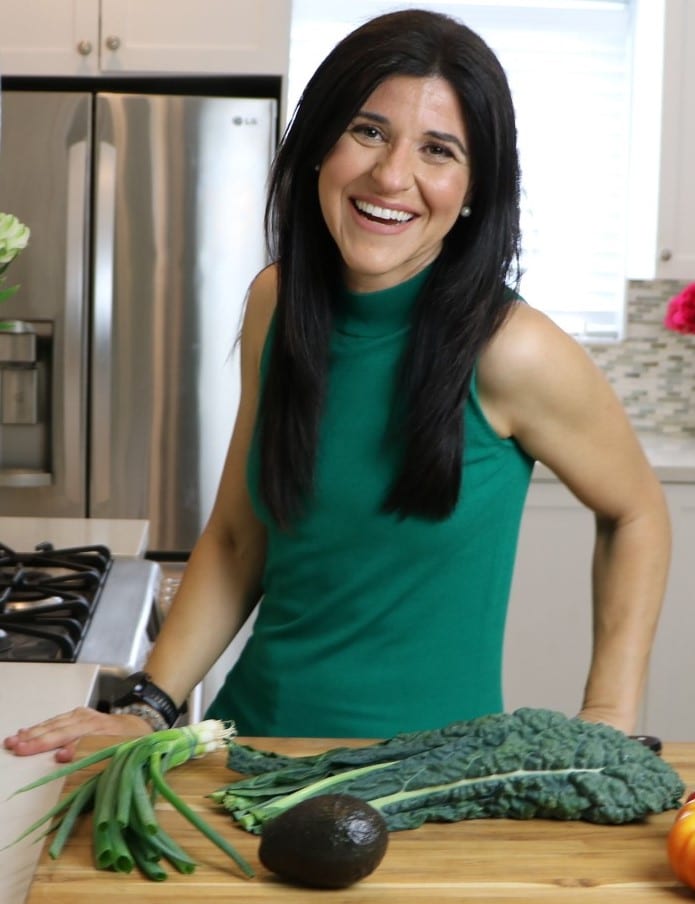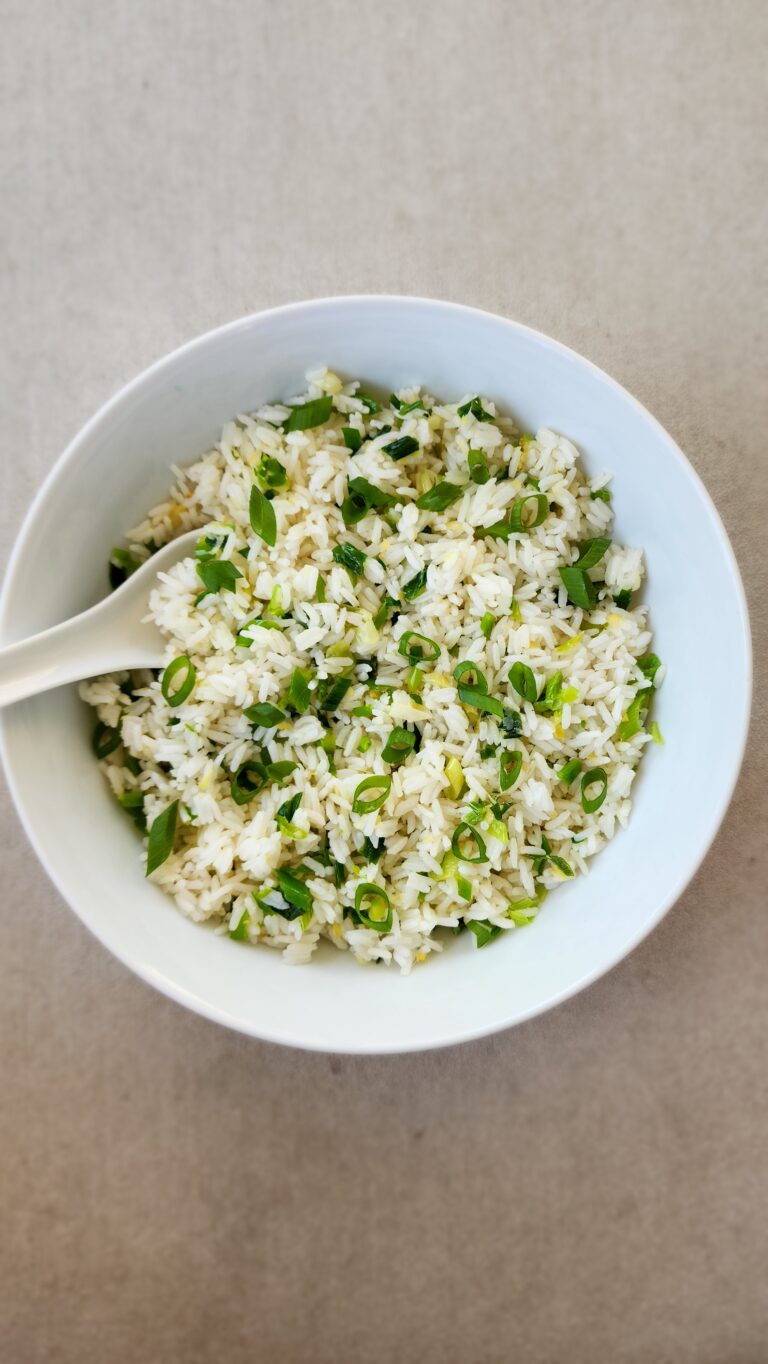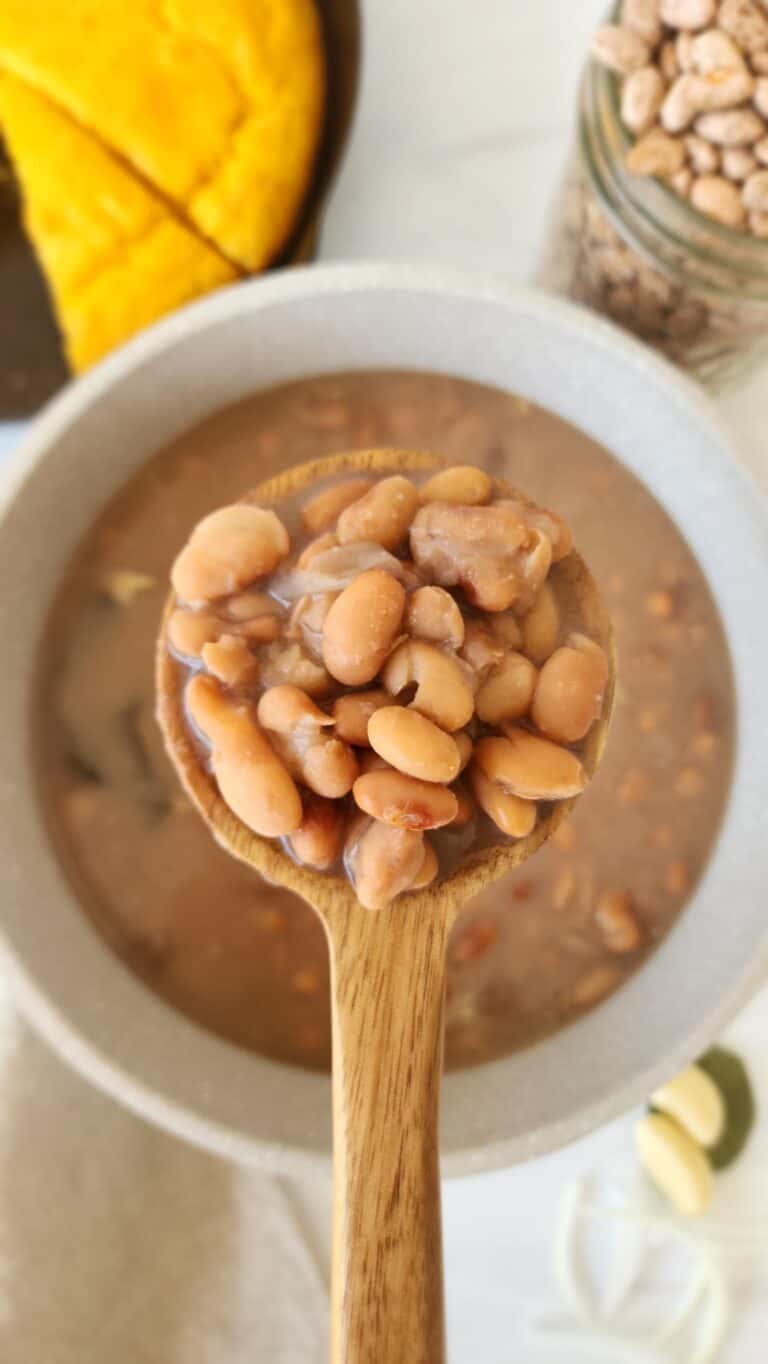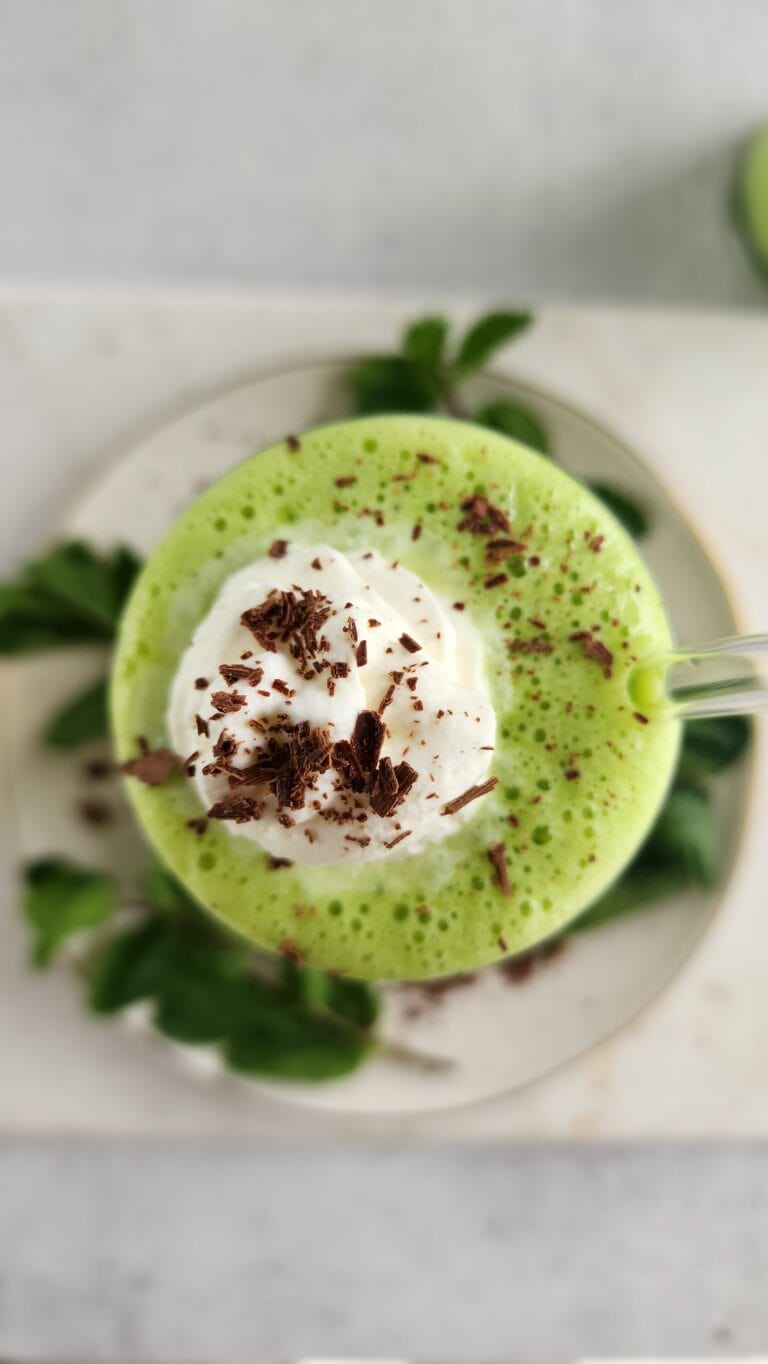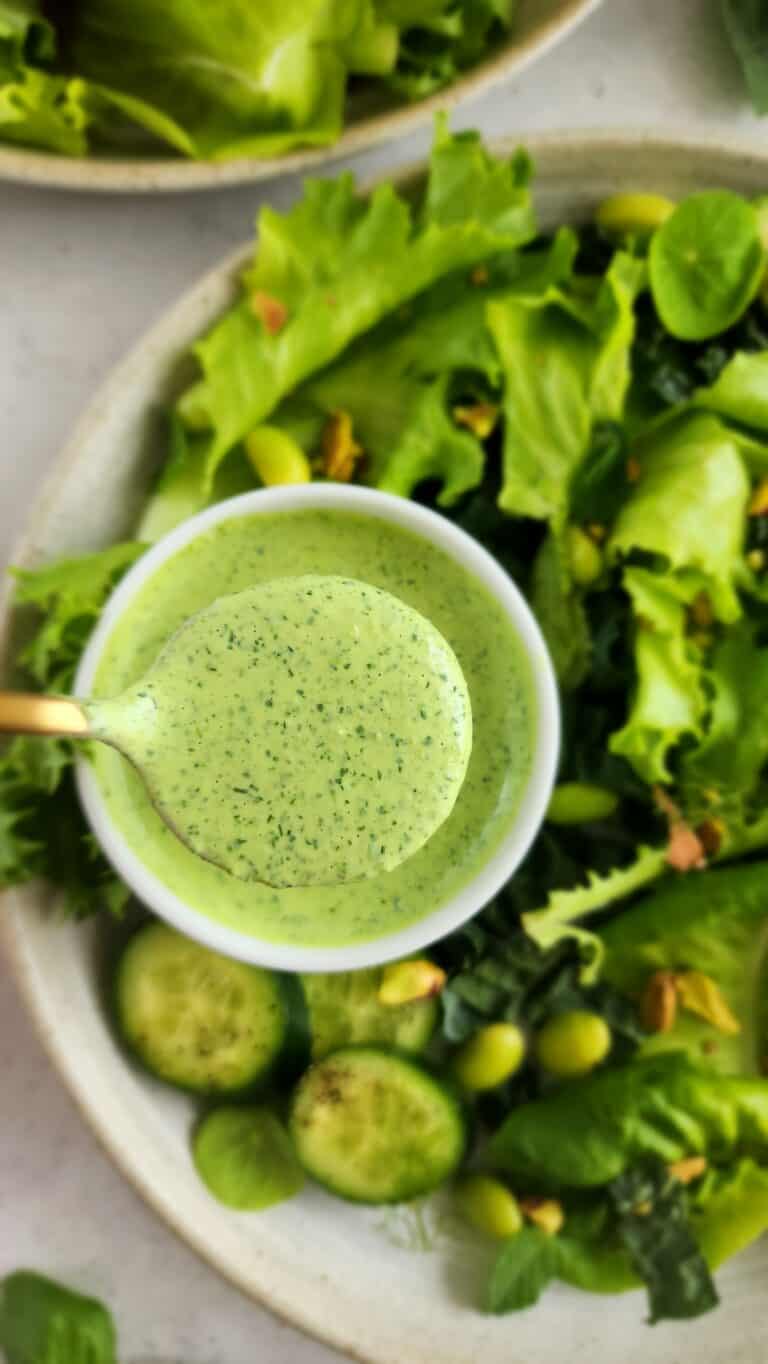Diabetes Awareness Month is a month dedicated to bringing awareness to the disease. It’s also a time to get educated, find resources, and create awareness to those that are at risk. Additionally, for those living with diabetes it’s also a chance for them to tell their stories and bring light to this disease. Until there is a cure, it’s important to connect with others and support each other and create ‘diabetes awareness’.
All About Diabetes Awareness Month
- Here’s one that looks at the numbers overall as well as steps to take to help prevent diabetes.
- My next post looks at a few myths and misconceptions associated with diabetes. Sugar doesn’t cause diabetes. Diabetes is a metabolic disorder and is actually quite complicated. Check out a few more myths here.
- Knowing your numbers is an important part in prevention. 1 in 3 people have prediabetes and 9 out of 10 people don’t even know it.
- Type 1 diabetes has a ton of misconceptions. Autoimmune and always misunderstood, it’s important for people to have a better understanding.
Misconceptions and Diabetes
There are many misconceptions/beliefs that people have about those living with type 2 diabetes. Counseling patients 1:1 time and time again I’d hear some of the same comments over and over. Not only were people having to deal with the management of their disease but to also have to deal with such negative criticism. Type 2 diabetes comes with a stigma attached to the disease. This thought that ‘they did this to themselves’.
We have to do better in how we speak to each other as well as helping to remove the stigma. This can affect the care we give to patients and the support we need to be giving to loved ones (and not shame). Here are a few phrases/comments I’ve heard over the years that I think we can all learn from. Additionally, sharing a few recipes to inspire us to eat more veggies, make easy weeknight dinners and maybe even a dessert. All foods fit, in moderation.
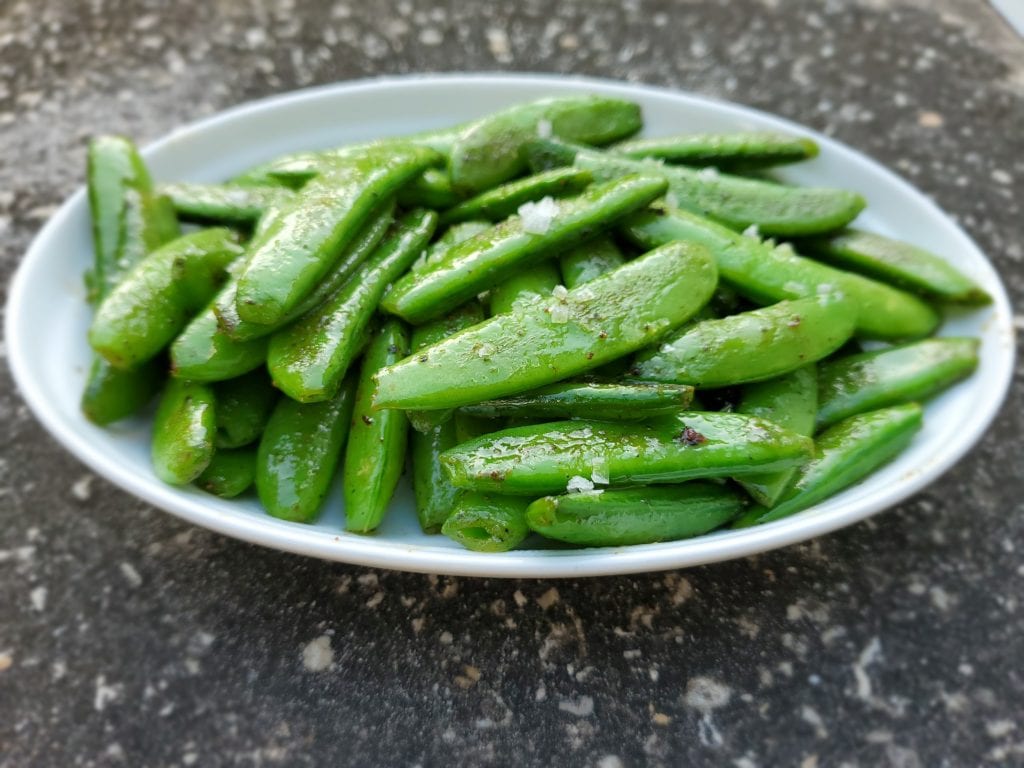
Should You Be Eating That
The statement that sounds like they mean well, but many times can be interpreted as judgment. People do mean well. However, at the same time I always wonder how they might feel if the same question were posed to them. People with diabetes (PWD) are living with and managing their diabetes 24/7. Not a day or minute goes by where they’re not thinking about how to manage their diabetes. The truth is that ‘all foods fit’. Learning how foods affect their blood sugars, PWD are able to see how and when they might be able to have that piece of chocolate or those French fries. Continuous glucose monitors (CGMs) allow patients to see exactly where their blood sugar is and better manage their diabetes.
I am not here as a diabetes care and education specialist to say to eat whatever, whenever. However, what I am saying is that PWD have it under control since many have been managing their diabetes for awhile. And if you are coming from a place of concern, there can be a better way to phrase it. Instead of ‘Should you be eating that?” you might say, ‘I’d like to help support you on your journey and learn how foods affect your blood sugar levels.’ This process takes time, however, we need to remove the judgement related to food and continue to create awareness around diabetes.
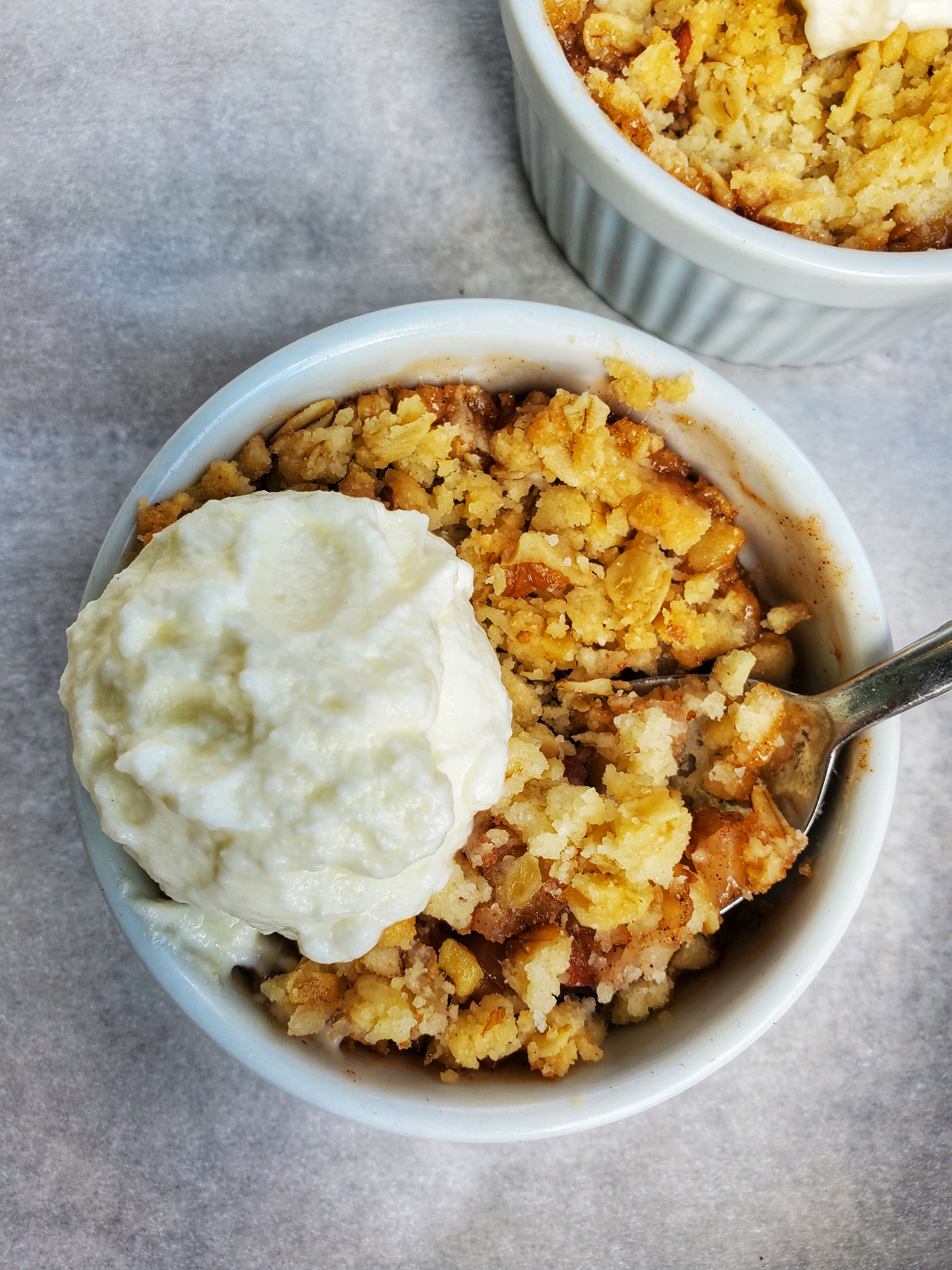
“If You Have Diabetes, It’s Your Fault”
In all my years of working with patients I don’t believe I met a person that ‘asked to have type 2 diabetes’. Diabetes is a metabolic disorder. With metabolic disease there is a lot of uncertainty in fully understanding where the irregularity is at. Diabetes is often referred to as the ominous octet. Complicated and not due to just one thing complicates understanding why someone develops diabetes. Insulin resistance is at the core of many of the issues in developing diabetes. Through lifestyle changes, food and exercise, we can help increase one’s insulin sensitivity. However, it doesn’t mean that anyone should get blamed for their diagnosis.
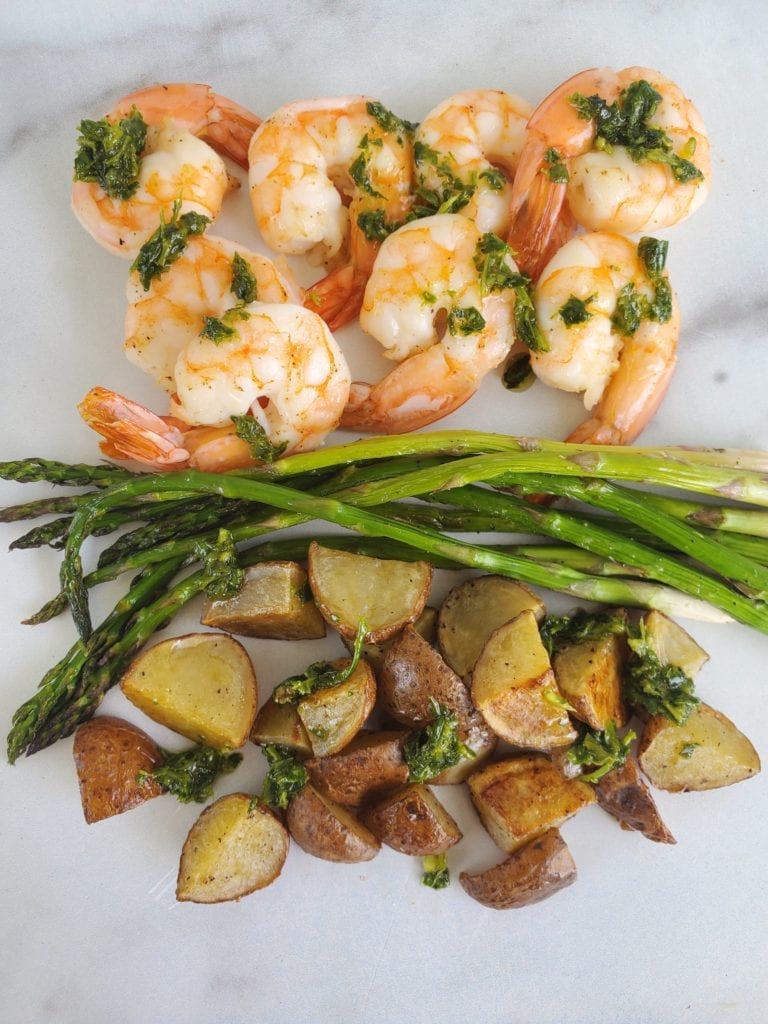
“People With Type 2 Diabetes Are Lazy”
A very frequent comment I’ve heard mentioned is that PWD are lazy. Aka ‘don’t take care of their health’. I believe the opposite is true. Considering that many may not even know they have prediabetes, we have to do better about removing the stigma of even going to the doctor to discuss their health in the beginning. But regardless, I’ll say it again, diabetes is complicated. No two days are the same in one’s management of the disease. It’s not to say it’s not manageable, because it is. However, the management takes effort and a lot of work which is the complete opposite of lazy. PWD are managing their diabetes to help ensure they’re not hyperglycemic all the time, which helps to offset the risk for complications, i.e. heart attacks, eye disease, and kidney health. Lazy is the last word to describe someone with diabetes. I call them resilient.
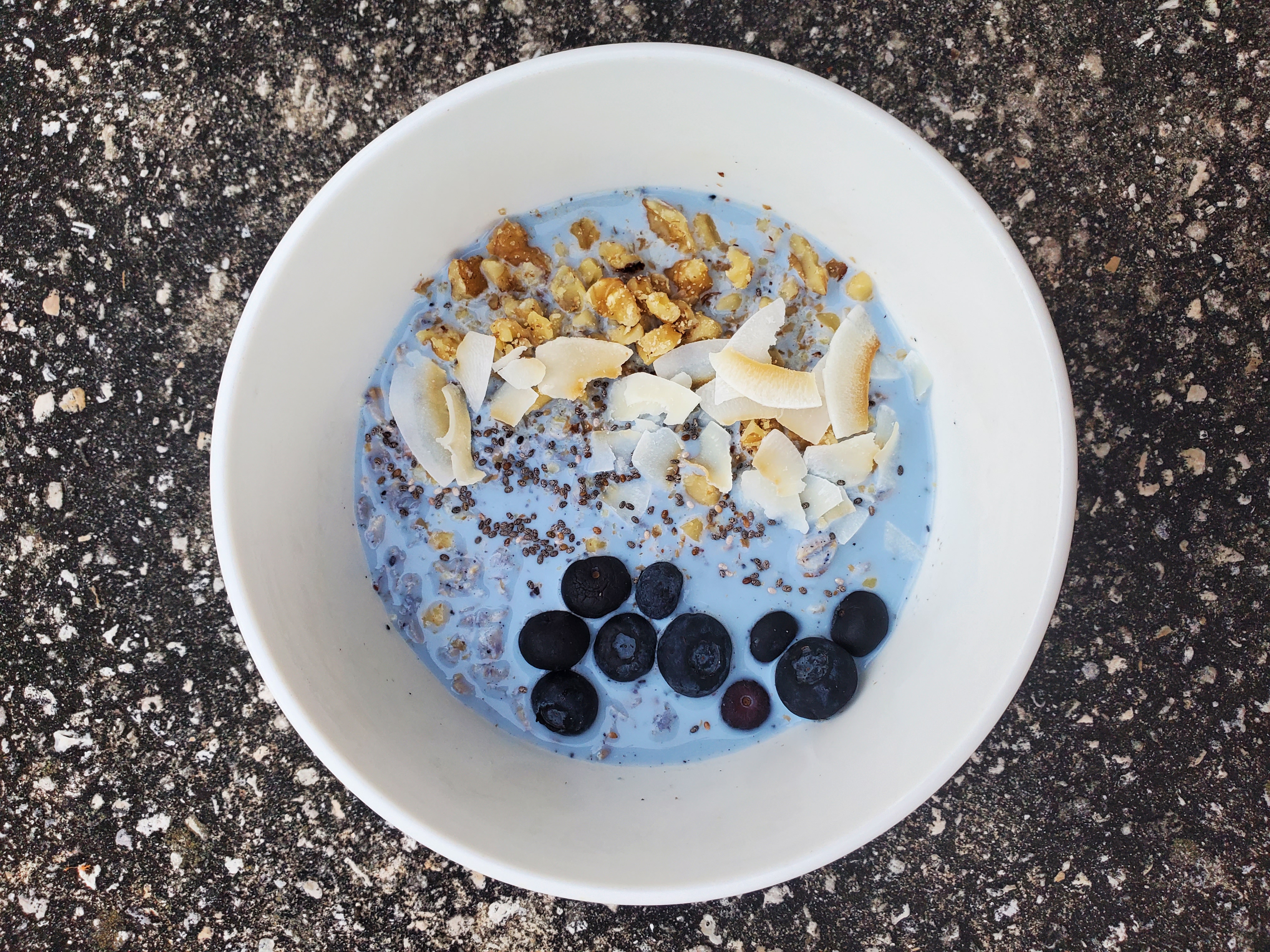
“Diets & Supplements are a Cure for T2D”
If I had a ‘pill’ or the ‘quick fix’ for how to cure diabetes, I’d be a billionaire. It’s understandable why people are trying to market their ‘product’ or ‘diet’ to be that cure. However, it’s really not that simple. Diabetes can be managed, however, there’s no single food that can cure diabetes. Everyone is different and there’s no one-size fits all approach. The key is to start by taking a look at what you are eating and see where you need to make adjustments/improvements. We all do.
Aim to focus on whole, unprocessed foods, complex carbohydrates, lean protein, and healthy fats, as they all help to better manage one’s blood sugar levels. And then aim for consistency. There might be some ‘not so great days’ but the key is not throwing the towel in and thinking it’s all for not. Little by little you’ll start to see how foods affect your blood sugar, you’ll find some ‘joyful movement’ you can fit in, and you’ll start to manage your diabetes.
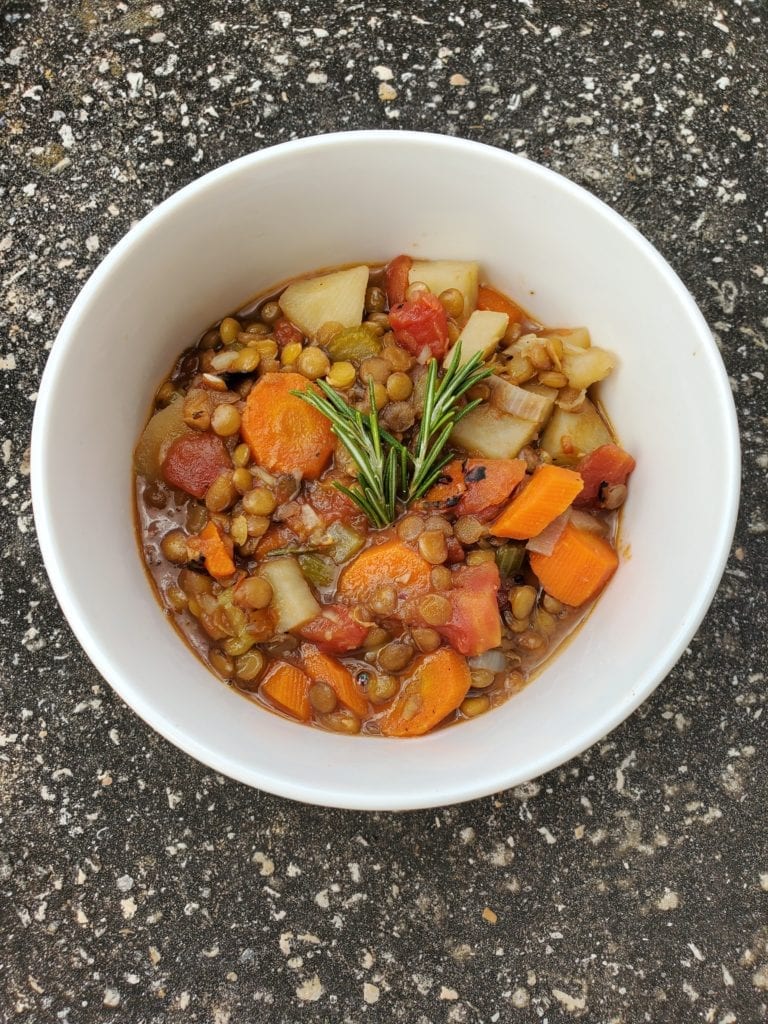
This Diabetes Awareness Month, it’s my hope to start this discussion. It’s up to all of us to learn, have empathy, and remove the stereotypes that people with type 2 diabetes experience. PWD deserve so much better than stigma and shame. As one of my Instagram followers said, ‘Your life is not over. There is hope. We can beat this and not let it beat us. Get informed. Be empowered. Do whatever it takes.”
